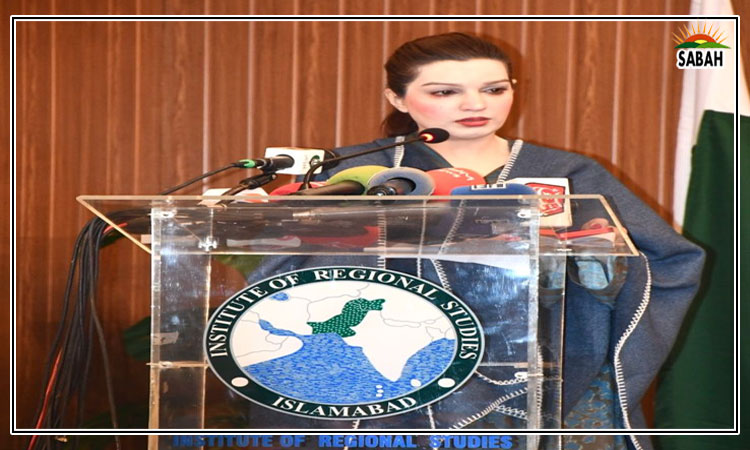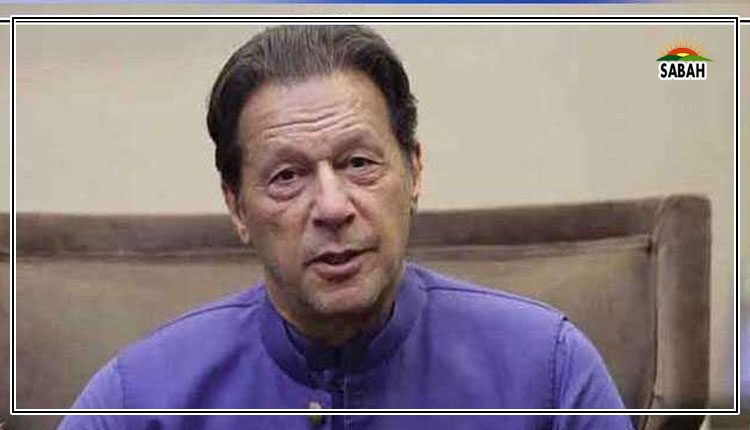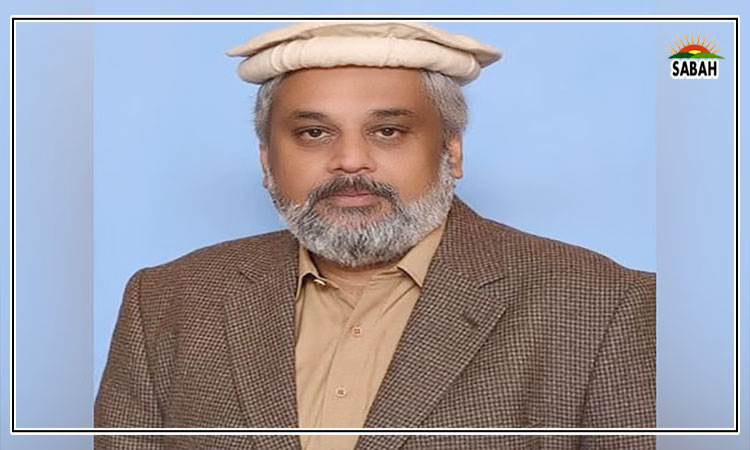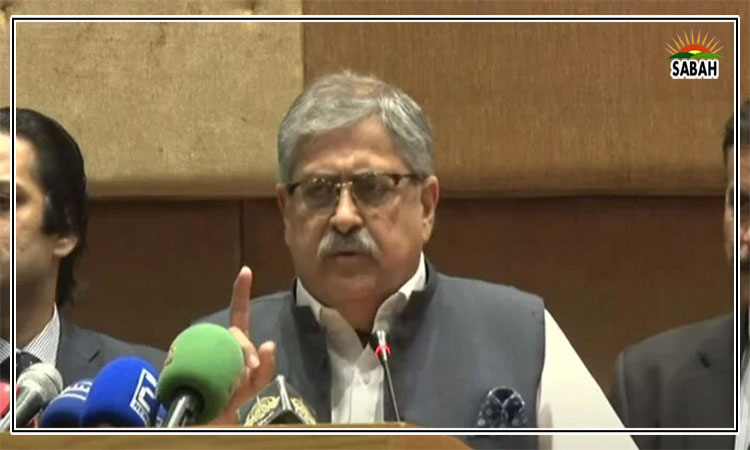Justice Athar Minallah stresses the need for learning from the history
ISLAMABAD, Jan 20 (SABAH): Supreme Court of Pakistan Judge Justice Athar Minallah on Saturday stressed the need for learning from the history and noted that Pakistan wouldn’t have been divided and political leaders, if the freedom of speech was acknowledged. The only solution was to implement the Constitution, said the judge who added that Pakistan could develop into a great nation by following the Constitution.
While addressing the training workshop held for court reports, Justice Athar Minallah said half of Pakistan’s history had been covered by dictatorship where freedom of speech was impossible to exercise.
Pakistan’s top court judge listed the freedom of expression as the most ingredient of society, which, he added, should never be suppressed. “States cannot control freedom of speech,” he declared.
Justice Athar Minallah said a totally different image was presented to the people in West Pakistan in 1971. “During the 75 years, every knew what the truth is, but it was stifled,” he remarked and regretted that the point Pakistan as nation has reached by doing so.
The Supreme Court judge praised the role played by journalists for promoting freedom of expression and said he had learned a lot from the court reporters.
Describing the desired traits, Justice Minallah said he should be independent and should not be influenced by criticism. “A judge influenced by criticism would violate his oath,” he noted. “Judiciary should neither panic nor afraid of [censure].”
He also said that social media should not affect the judges and added. “Being a judge, we are a public property. The truth reveals itself with the passage of time.
Justice Minallah also called for retrospection. “We should ask ourselves, where we are moving to. We want judgments according to out liking, we want a debate according to out liking.”
According to Justice Minallah, the judiciary faces two forms of criticism. The first where it is accused of giving intentional verdicts and the second in which providing relief to a party is detested. “Everyone should criticise, but also trust the judiciary.”
Justice Minallah said if even critics trusted the court then it was a test of the judiciary. Everyone should criticise, but also trust the judiciary, he maintained. Referring to the lack of freedom of speech in the country, the top court judge said the endless process of censor kicked off after the state’s censoring Quaid-e-Azam Muhammad Ali Jinnah’s August 11, 1947 speech.
Reminiscing his first case as a judge, he said it was a bail plea and a 16-year-old suspect was before the court for putting up a banner against an apex court judge. The subordinate court rejected the plea saying he had committed a crime against the entire judiciary, he said adding that nobody tried to find out who got the banners made.
The SC judge said Pakistan would not have been split into two, if the oath was not transgressed.
He said the states could not control the expression of opinion in the technological era. However, he said the reporters doing vlogging have an economic interest too therefore they should maintain balance in their comments.
Justice Minallah said he did not consider himself worthy of telling a reporter what his ethics were.
However, he advised the journalists that revealing the identity of a child or woman or misreporting something was a violation of the journalism’s ethics, he said adding that he learnt a great deal of journalism from court reporters.
At the same time, the Supreme Court judge also touched the issue of provincial autonomy, saying many forces were against the 18th Amendment – the changes introduced in the Constitution to restore its soul and transfer powers to the federating units while also making the office of prime minister strong.
“When the matter of 18th constitutional amendment was raised, many forces were against it. A reporter asked me, what will the Supreme Court do about the 18th Amendment? I replied ‘in my opinion, the SC should not interfere in the constitutional amendment’,” he said.
The apex court judge said he had said he would resign if the 18th amendment was annulled and the next day news was published that “Athar Minallah has threatened the court”.
Senior lawyer Aitzaz Ahsan asked him to do something against the news, but he said no that’s what he had said, he added.
Citing former Ugandan president and the modern world history’s most brutal dictator, Idi Amin, Justice Minallah said, “A society is ruined, if someone gags freedom of expression like Idi Amin.”












